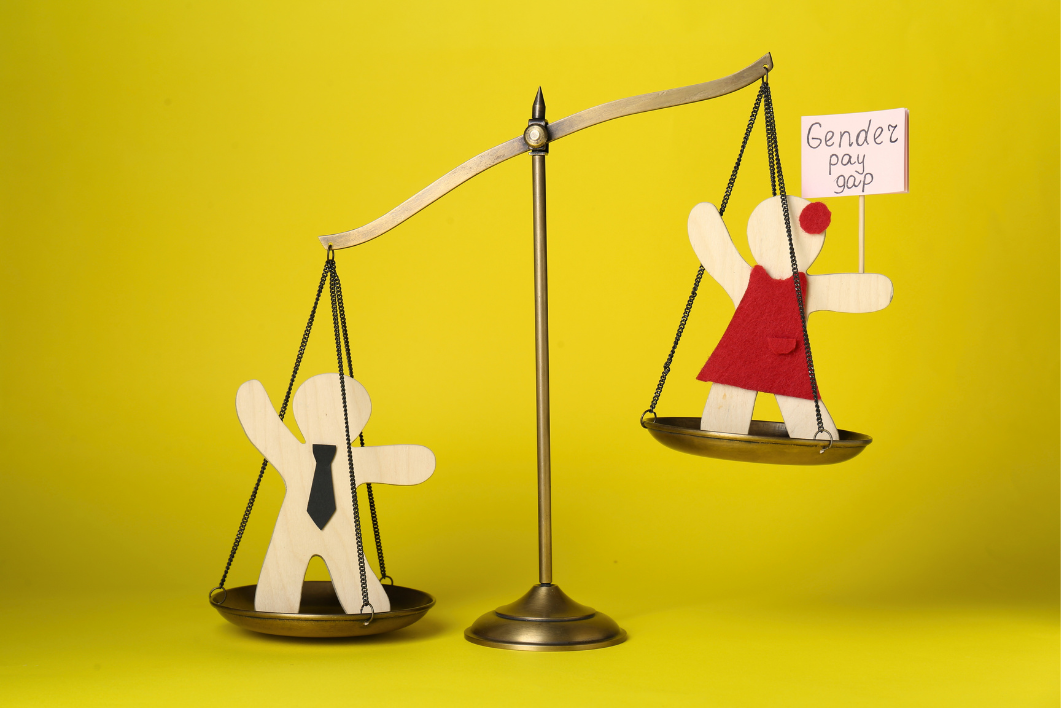This essay will define epistemic injustice, explain what it is, how it affects gender injustice and ways to combat it. First, I will briefly define Epistemic injustice and gender injustice. Epistemic injustice is a concept first coined by philosopher Miranda Fricker in her book Epistemic Injustice: Power and the Ethics of Knowing. It describes the phenomenon when somebody's knowledge is not acknowledged correctly, either because of prejudice or because of a gap in the pool of knowledge. Gender injustice is oppression and inequality based on gender; a typical example is the wage gap between male and female workers, even though there are laws for equal pay. It is unfair, and it results in women being more vulnerable financially. In this essay, I will argue that epistemic injustice is a crucial factor in sustaining gender injustice. It maintains the status quo of power imbalances. Additionally, I will propose fighting against prejudices through implicit bias training, the necessity of education for solidarity between genders, and the urgency to stop thinking in binaries to combat epistemic injustices.
Intrigued? To read more click here to download the PDF of my work
